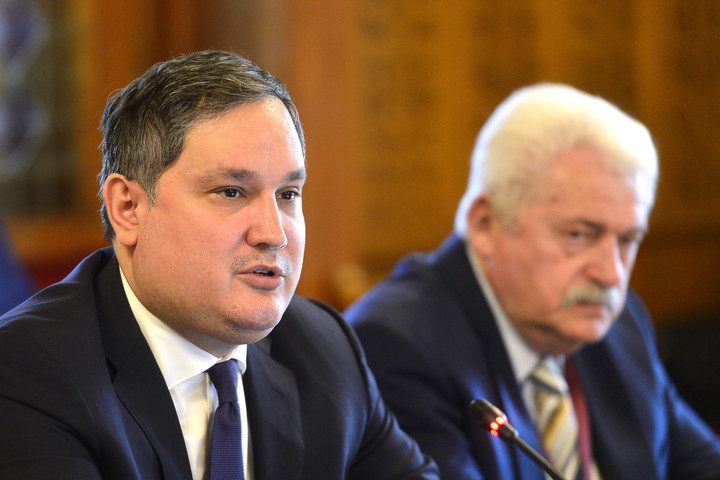To move forward in the current economic climate, Hungary must develop not just its own independent economic policy but also a self-sufficient economy, which is the basis for sustainable recovery and future growth, the candidate for the country’s Minister of Economic Development, Márton Nagy, told a hearing of the parliament’s Economic Committee in Budapest on Wednesday.
“We are living in a turbulent decade where we are simultaneously threatened by a war, ongoing waves of epidemics and the accompanying energy and food crises,” Nagy told the committee, warning lawmakers that the achievements of the post-Covid economy so far must be protected to ensure the country emerges stronger from the crisis.
The ministerial candidate pointed out that the share of domestic ownership within the Hungarian economy is already 51 percent, but highlights there are significant differences in this figure between sectors. For example, the dominance of domestic ownership in the field of construction raw material production, food retail, insurance and telecommunications has yet to be restored, he underlined.
Nagy indicated that energy dependence must be reduced with the country’s net energy imports, which currently account for 4 percent of GDP being too high.
The Hungarian economy is performing well in some sectors, however. In food production, the country is producing twice as much as it consumes, and net food exports account for 1.6 percent of GDP. With this, the country’s food dependence is one of the lowest in the EU, but more needs to be done to replace imports, Nagy added.
He recalled that the country is currently at 76 percent of the EU’s development, ahead of Greece and Portugal and on par with Poland. With a growth surplus of 3 percentage points per year, 90 percent of the EU’s development could be reached by 2030, and with a surplus of 3.5 percentage points, it would reach 100 percent.
The ministerial candidate drew attention to the fact that the differentiation in economic productivity across the country is very significant — while Budapest stands at 153 percent of the union’s development average, some rural regions are only performing at around 50 percent.
“The scissors must be closed,” Nagy told the committee.
He also highlighted the promisingly high employment rate in Hungary, noted that the investment rate is one of the highest in the EU, and the prices of fuel, electricity and gas are some of the lowest in Hungary, with the country spending the most in the world to support families.





